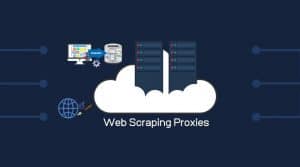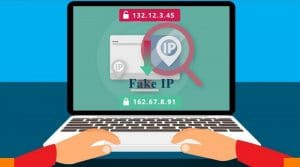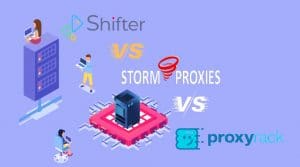Both anti detect browsers and VPN (a virtual private network) are useful tools to hide your identity and combat censorship on the Internet. Let's look at some of the reasons why users choose anti detect browsers and VPNs.
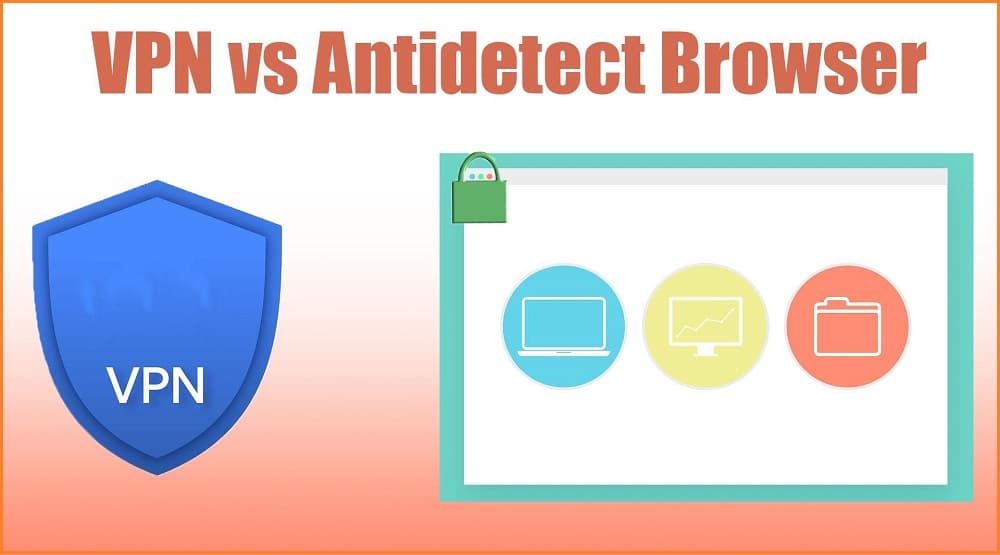
Every time we go online, especially using WiFi, we make our devices and everything stored on them vulnerable to hacker and spyware attacks. Other people will know about all the sites you have visited, will be able to read messages, both incoming and outgoing, content you posted, and may even track your location by IP address. It doesn't sound cool. Fortunately, some tools can help you avoid problems.
What is a VPN Client?
To better understand how a VPN service works, let's first figure out how the connection between the user's device and the visited site goes.
Let's say you're going to access the New York Times website from your laptop. You sit at a table in your favorite cafe, open your browser, and it starts downloading data from servers located in a particular country. The data is sent to WiFi routers via fiber optic cables.
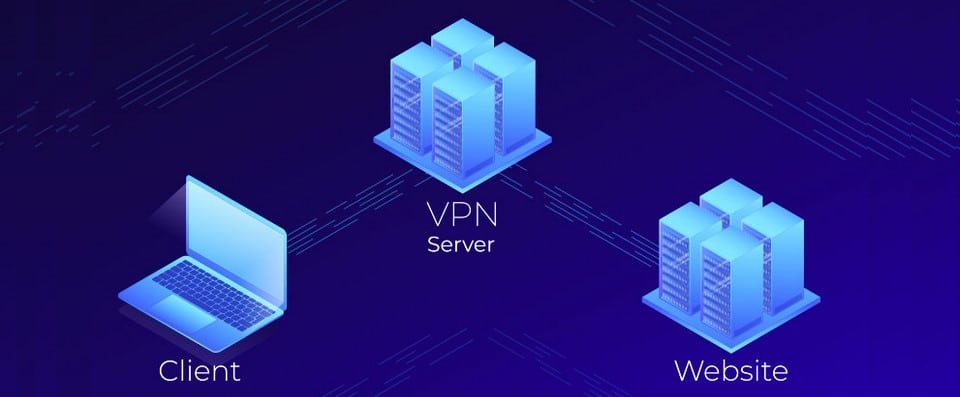
Many Internet service providers are operating around the world. Your traffic is open to these providers and routers. They see your IP address and can track your every step on the Internet (visited sites, incoming/outgoing messages, posted content, etc.)
And there is nothing you can do about it. The owners of these servers and routers can collect user data and provide it to the government. The wireless Internet is also very popular with hackers who can easily steal your personal data and use it against you. If you visit sites that do not use TLS/SSL protocols, the likelihood of data leaks increases.
If you are using a VPN service, you are not connecting to the site directly. The network helps to build an encrypted connection between your device and VPN servers located in different countries. Before reaching the visited site, the data goes through a secure channel to the VPN server. But even such a tool has vulnerabilities.
VPN Vulnerabilities
VPN solutions are already mature enough. It is worth noting that the first generation of firewalls supported them. However, new technologies, in particular WebRTC or DNS attacks, create new threats. Therefore, even if you have been using a VPN for a long time, you should regularly re-evaluate the likelihood of specific risks. If a threat is detected, implement solutions that will provide reliable protection.
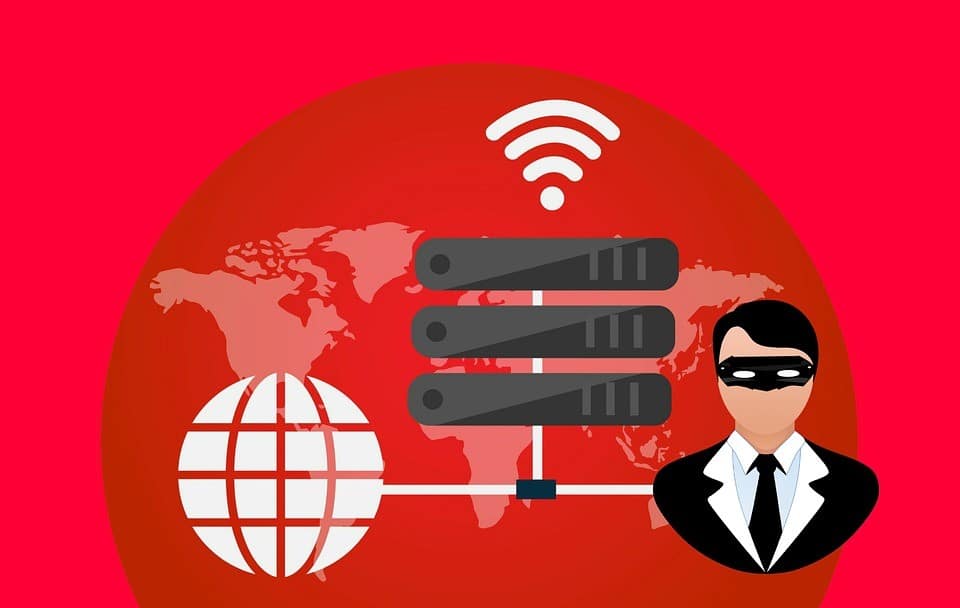
VPN data is encrypted, but this does not mean that it cannot be intercepted. And if you can intercept, then theoretically, you can decrypt. Not even theoretically, but with a full guarantee, mainly if the connection uses PPTP.
Another VPN sore spot is traffic leakage. In this scenario, traffic that should be encrypted enters the Internet in its standard form. There are two main reasons for this: a sudden drop in the connection when traffic starts to be sent directly from your host and the lack of IPv6 support.
The last case is quite impressive. IPv4 and IPv6 are entirely different protocols. Perhaps even incompatible, however, in the domain name system, they are used close together. It means that if you send data to such a network, IPv4 traffic will flow as expected over the VPN. However, packets with an IPv6 address in the headers will enter the network unencrypted.
New technologies, particularly WebRTC or DNS attacks, create new threats. Therefore, even if you have been using a VPN for a long time, you should regularly re-evaluate the likelihood of certain risks and, if a threat is detected, implement solutions that will provide reliable protection.
What is the Anti Detect Browser?
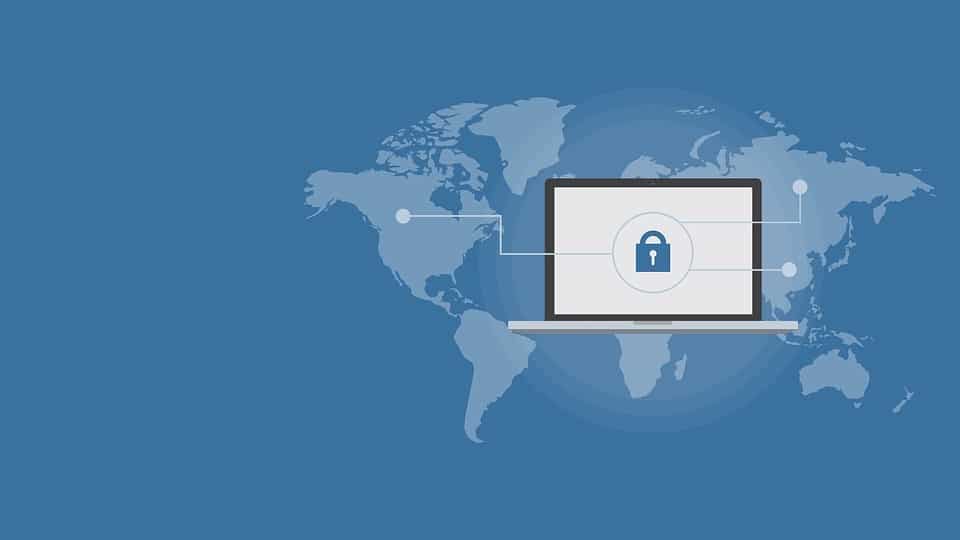
Anti detect browser is a browser or a complex set of special tools that allow you to change digital prints and browser settings to make it impossible to identify the user. Anti detect browser hides necessary fingerprints,

such as:
- It is an HTML5 element for creating a 2D bitmap image using scripts, usually in JavaScript;
- A set of characters of a specific size and pattern;
- User-agent. It is a client application that uses a specific network protocol. The term is commonly used for applications that access websites such as browsers, crawlers, mobile phones, and other devices;
- HTTP headers. These are strings in the HTTP message containing a colon-separated name-value pair;
- navigator. It is the navigator interface that represents the state and specifics of the user agent. Allows special scripts within the code to recognize them and independently register to perform some actions;
- It is an independently compiled program module, dynamically connected to the main program and designed to expand or use its capabilities;
- It allows users to provide their location to the web application if they agree to provide it.
- Using an anti detect browser in conjunction with reliable proxies, you can replace your IP.
- And many other connection parameters.
The quality of the anti detect browser operation depends not only on replacing these parameters but also on the methods used. Thus, different products that perform the same functions can leave a digital fingerprint in entirely different ways from the point of view of anti-fraud systems.
What is Better to Protect Your Data for multi-accounts?
As we can see from the definitions and structure of work, the anti detect browser is a tool with more features than VPN. It hides more digital prints, allows you to customize them to your needs, and is more secure for your privacy.

Only the use of an anti detect browser together with a proxy is, in fact, a full-fledged VPN replacement. But if VPN does not hide other digital prints from sites and intruders, then the anti detect browser will make you completely anonymous.
Also, many people use anti detect browsers for multi-accounting. And believe me, if digital giants like Facebook and Google can't identify a fake account, then the government won't be able to recognize your real identity either.
But whichever tool you choose, remember that different services work in different ways, and it is very important to read reviews of specific programs. We also recommend bypassing free services. Sometimes a personal data leak can cost you too much.
Related,


